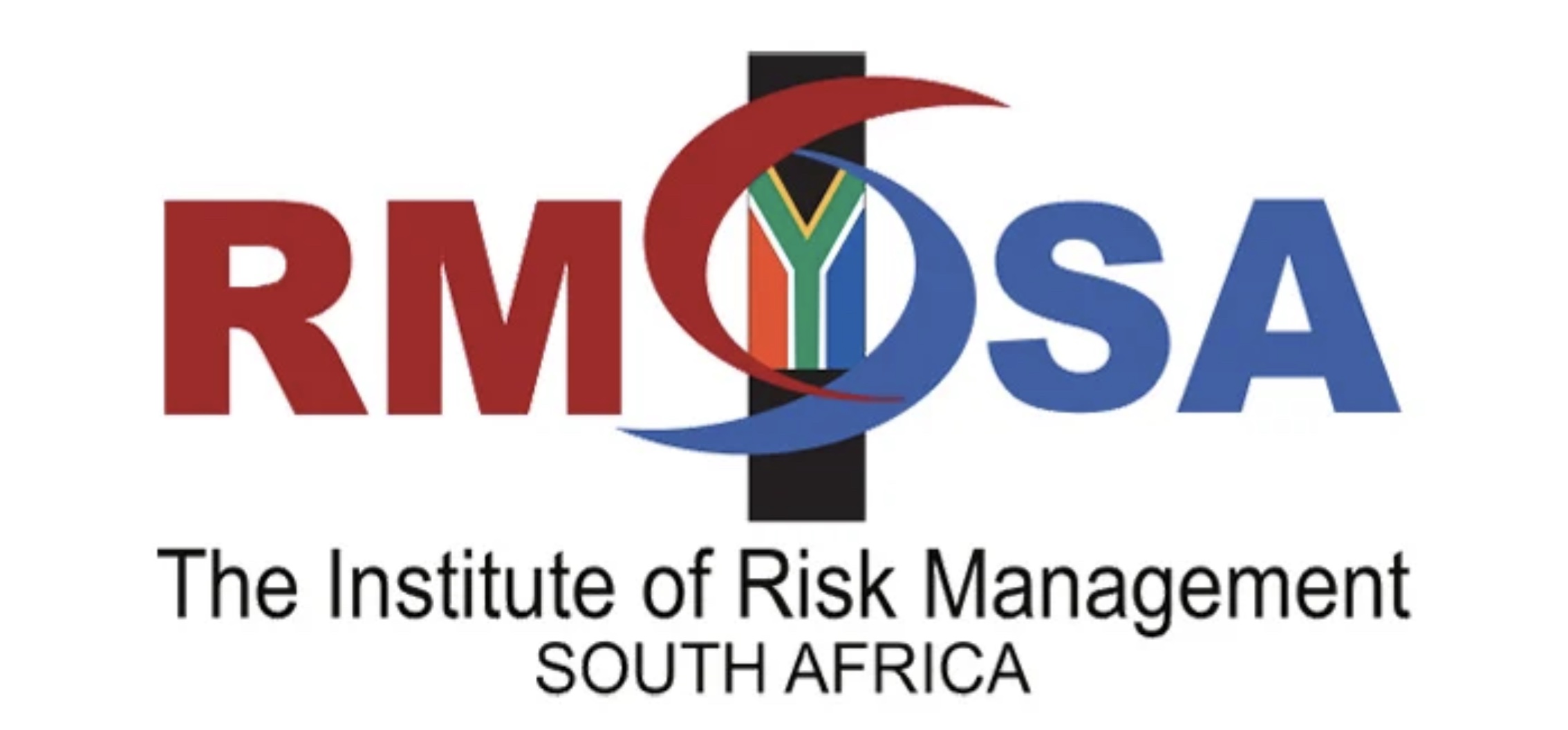Stage 6 blackouts a catalyst for disaster, says sa risk body
The Institute of Risk Management South Africa (IRMSA) has joined growing calls on government to take immediate action to address unparalleled loadshedding as well as the high electricity tariff hike or risk dire consequences.
“South Africa’s worsening energy crisis is now the country’s biggest risk. It is not only a disaster for businesses but will undoubtedly lead to further breakdown of the economy and increase the possibility of complete economic collapse,” says Christopher Palm, Chief Risk Advisor at IRMSA.
“The higher the level of loadshedding the greater the consequences. We need to think about the price of our product, the impact on our revenue, our liquidity, our credit management, and supply chains. It is amplifying the impact on our economic sustainability,” explains Palm.
“Businesses should have already put risk response strategies in place to ensure that we have some sort of sustainable electricity supply to respond to the economic threats – inverters, different working hours, solar and alternative solutions, batteries and so on. But now with stage 6, you cannot keep up. Your risk response strategies are now being nullified or negatively impacted,” he adds.
Palm warns that for businesses to survive, they need to reassess their risk response strategies, keeping in mind that these need to integrate strategy, risk, and resilience. According to Palm, risk practitioners need to go back and examine the consequences of this extended, higher level of loadshedding and the impact on organisational strategies. This may require them to drop some of their thinking, reassess direction, change product and service lines and take out insurance over and above their basic cover… if available and at what premium?
“Right now, the global risk community is focused on climate risk response strategies, and this is understandable,” says Palm. “We are concerned about the climate globally, but in South Africa our risk profile is very much oriented towards our electricity crisis. We are focused on the impact of sustained higher-level loadshedding on our SMEs. We are looking at how South Africans will put food on the table and people potentially losing their jobs. These risks will now be the catalyst for other risks like strike action and civil disobedience, a deepening cost of living and increased unemployment,” he explains. “This is a disaster and with each day of increased loadshedding and government inaction, the state moves closer to economic collapse.

